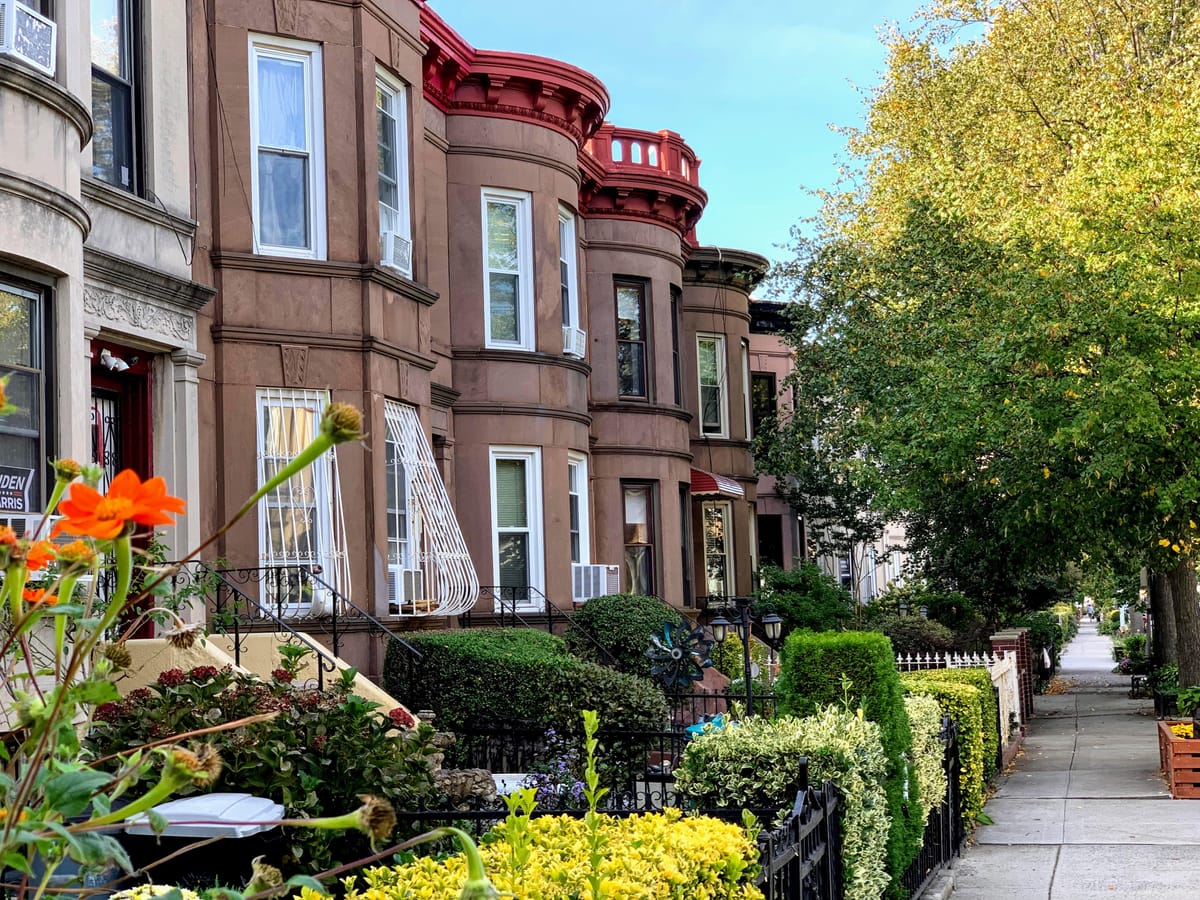City’s Property Tax Reform Commission Hosting Brooklyn Hearing This Week


A panel seeking to simplify the city’s notoriously byzantine and inequitable property tax system is seeking public input on its draft recommendations.
The New York City Advisory Commission on Property Tax Reform will host a virtual hearing specifically for Brooklyn residents at 6:00pm on Thursday, May 27th, where attendees can testify in reaction to a set of recommendations first published last year, shortly before the COVID-19 pandemic put the process on ice.
Property tax reform has been a political hot potato for decades. Unlike most of the state, New York City doesn’t assess such taxes based on a home’s full market value. Instead, since the end of World War II, the city has used a confusing system that separates properties into multiple classes and values condos and co-ops according to the cost of nearby rentals, even if those rentals are subject to rent stabilization.
The result, critics say, is a system that disproportionately burdens mostly nonwhite homeowners in low-income areas with higher taxes, while leaving wealthier and gentrifying areas with a lighter load.
Mayor Bill de Blasio vowed during his 2013 mayoral campaign to fix the system once and for all. After years of delays, de Blasio and City Council Speaker Corey Johnson created the Commission in 2018, with the goal of reforming the system without reducing the revenue collected to fund city services.
In January 2020, the Commission published a preliminary report, with 10 initial recommendations to make the system “simpler, clearer and fairer.” Among the recommendations, the Commission suggests moving coops, condos and rental buildings with up to 10 units into a new class along with 1-3 family homes; using a “sales-based methodology” to value those properties and assess them at their full market value; and creating a “partial homestead exemption” for low-income owners to replace the current Coop-Condo Tax Abatement.
The fixes would require action at the state as well as city level, making the proposition more complicated. De Blasio has said that a final report would be completed before he leaves office on December 31st of this year. That will leave his successor to pick up wherever he leaves off, and property tax reform has become an issue in the mayoral race.
“Bill de Blasio has not been effective in leveraging the powers and pulpit of the mayoralty against the powers that be in Albany,” Council Members Justin Brannan and Joe Borelli wrote in an op-ed focused on property taxes earlier this month. “And now, as a lame duck, he will have even fewer chips to play. We hope that whoever becomes the 110th Mayor of the City of New York has the political capital to go toe to toe against the stagnation, waste, and special interests of the state capitol.
Meanwhile, an advocacy group called Tax Equity Now New York, which since 2017 has been embroiled in a lawsuit seeking to force the city and state to take action, last week wrote a letter to the U.S. Justice Department and the city’s Congressional delegation, demanding that the federal government step in to fix what it calls “the inequitable and discriminatory impact of the city’s property system.”
Property taxes account for about a third of the city’s annual revenue. In the current fiscal year, that amounts to roughly $31 billion, though the mayor’s latest executive budget predicts that income will shrink to about $29.4 billion because of a pandemic-induced drop in market values.
Brooklynites who want to testify at the May 27th meeting can register at the Commission’s website. Similar virtual meetings for Manhattan, Queens and the Bronx are scheduled for June; a meeting for Staten Island residents took place on May 11th.





